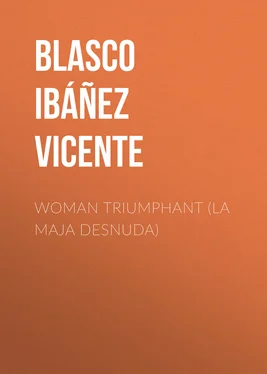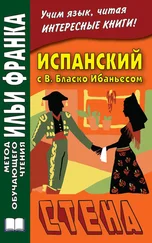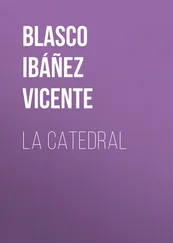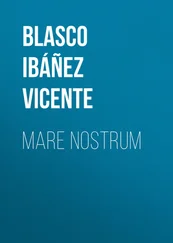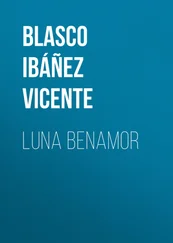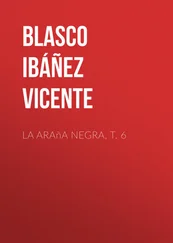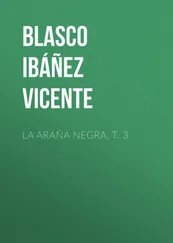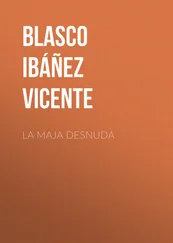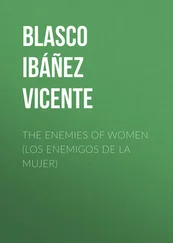Doña Emilia was surprised at his blindness. Whom; should she look like? Like him, no one but him. She was large, enormous; she had seen few babies as large as this one. It did not seem possible that her poor daughter could live after giving birth to "that." They could not complain that she was not healthy; she was as ruddy as a country baby.
"She's a Renovales; she's yours, wholly yours, Mariano. We belong to a different class."
And Renovales, without noticing his mother's words, saw only that his daughter was like him, overjoyed to see how robust she was, shouting his pleasure at the health of which the grandmother spoke in a disappointed tone.
In vain did he and Doña Emilia try to dissuade Josephina from nursing the baby. The little woman, in spite of the weakness that kept her motionless in bed, wept and cried almost as she had in the crises that had so terrified Renovales.
"I won't have it," she said with that obstinacy that made her so terrible.
"I won't have a strange woman's milk for my daughter. I will nurse her, her mother."
And they had to give the baby to her.
When Josephina seemed recovered, her mother, feeling that her mission was over, went home to Madrid. She was bored to death in that silent city of Venice, night after night she thought she was dead, for she could not hear a single sound from her bed. The calm, interrupted now and then by the shouts of the gondoliers filled her with the same terror that she felt in a cemetery. She had no friends, she did not "shine"; there was nobody in that dirty hole and nobody knew her. She was always recalling her distinguished friends in Madrid where she thought she was an indispensable personage. The modesty of her granddaughter's christening left a deep impression in her mind in spite of the fact that they gave her name to the child; an insignificant little party that needed only two gondolas; she, who was the godmother, with the godfather, an old Venetian painter, who was a friend of Renovales and, besides, Renovales himself and two artists, a Frenchman and another Spaniard. The Patriarch of Venice did not officiate at the baptism, not even a bishop. And she knew so many of them at home. A mere priest, who was in a shameful hurry, had been sufficient to christen the granddaughter of the famous diplomat, in a little church, as the sun was setting. She went away repeating once more that Josephina was killing herself, that it was perfect folly for her to nurse the baby in her delicate condition, regretting that she did not follow the example of her mother who had always intrusted her children to nurses.
Конец ознакомительного фрагмента.
Текст предоставлен ООО «ЛитРес».
Прочитайте эту книгу целиком, на ЛитРес.
Безопасно оплатить книгу можно банковской картой Visa, MasterCard, Maestro, со счета мобильного телефона, с платежного терминала, в салоне МТС или Связной, через PayPal, WebMoney, Яндекс.Деньги, QIWI Кошелек, бонусными картами или другим удобным Вам способом.
